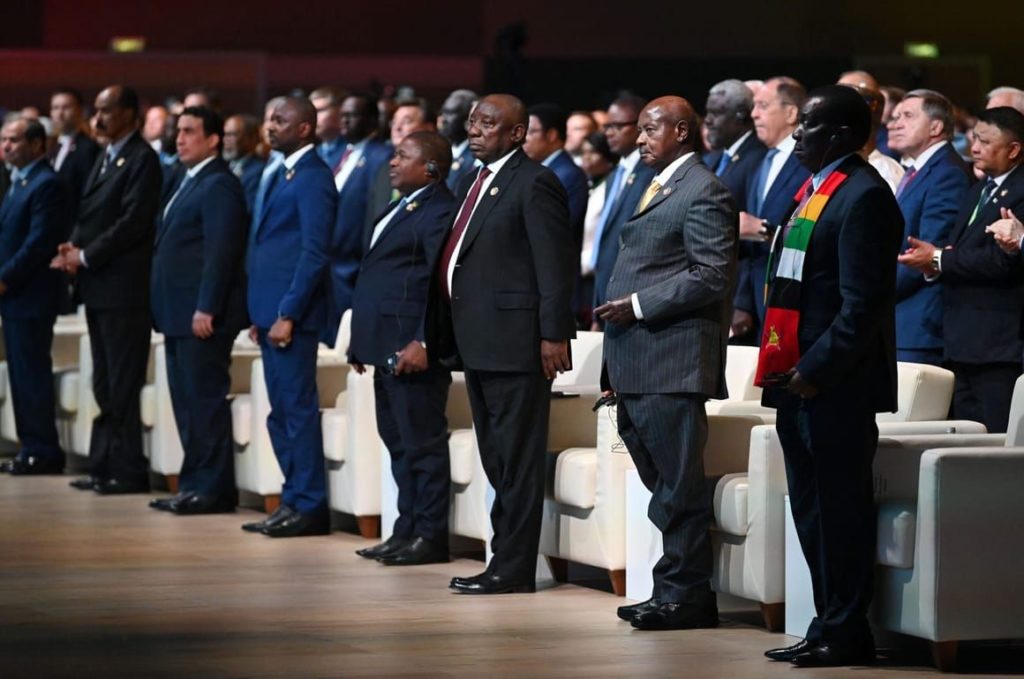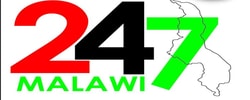By Burnett Munthali
Some internal challenges that many leaders face include a lack of confidence, a fear of failure, maintaining authenticity during self-promotion, impatience, resistance in responding to new ideas, or overcoming impostor syndrome.
All of these can be potential roadblocks to leadership success.

Leaders face a variety of challenges that require their attention and action, such as developing and retaining talent, managing change and uncertainty, balancing competing demands and priorities, and maintaining trust and credibility.
In Africa, the concept of leadership is more community-based and collective.
The role of a leader is to serve the community and work for the common good. Leaders are expected to be selfless, honest and humble. They must also be able to build consensus and unite people towards a common goal.
Social scientists have been grappling with problems including climate change and agricultural productivity, livelihoods and wellbeing, youth unemployment, increasing crime and violence, weak institutions and poor governance.
The authors discovered that when leaders experience their personal best, they display five core practices: they Model the Way, Inspire a Shared Vision, Challenge the Process, Enable Others to Act, and Encourage the Heart.
Jim and Barry called these behaviors The Five Practices of Exemplary Leadership.
A true African leadership style is about African solutions to local problems, and to reconscientise and rejuvenate the hearts and minds of people regarding the richness of collectiveness with an emphasis on Ubuntu (humanness and moral regeneration) and “Umoja” (togetherness).
One of the most pressing leadership challenges in today’s fast-paced environment is effective decision-making amidst uncertainty.
The rapid pace of change, coupled with the unpredictability of global events, requires leaders to make informed choices in ambiguous situations.
There is no denying the reality that Africa is the poorest part of the world.
It is not for nothing that the continent is still referred to as the ‘dark continent’ renowned mainly for wars, famine, poverty, and brutal dictators.
A look through the yearly United Nations Human Develop Index will show African countries occupying the lower rungs of the index.
Even the success of the Western-led democratisation drive of the 1990s and 2000s has not changed the fortunes of the continent.
While the one-party states and brutal dictators of the 60s and 70s have been replaced by multi-party democracies and elected leaders, the quality of governance hasn’t improved substantially.
In fact, going by all credible macroeconomic indicators, much of the region has not only experienced stagnation but evident retrogression in the decades since independence.










